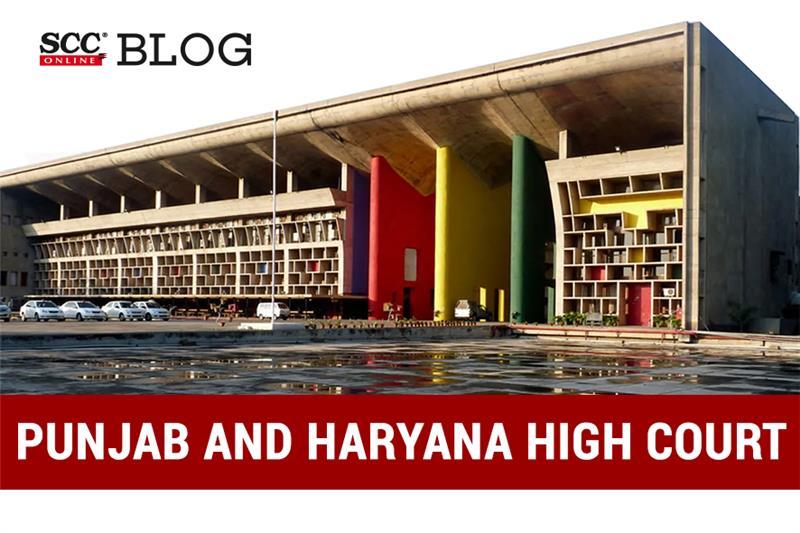Punjab and Haryana High Court: In a Petition under Article 227 of the Constitution of India challenging order dated 1-5-2023 passing ex-parte ad-interim injunction against the release of film ‘Jodi Teri Meri' on 5-5-2023, Vikas Puri, J. relied on a catena of cases dealing with High Court's jurisdiction under Article 227 of Constitution of India and refrained from observing anything touching on merits of the case since the matter was appealable.
Plaintiffs' father wanted to make a motion film on the biography of ‘Amar Singh Chamkila and Bibi Amarjot Kaur' and entered into an agreement with Amar Singh Chamkila's widow for permission to make the film assuring full cooperation in consideration of Rs 5 lakhs. Plaintiffs' father died on 03-11-2022 survived by his widow and 2 sons (plaintiffs hereunder). It was contended based on information received by the plaintiffs that Amar Singh's widow is making a film on the same biography in association with M/s Reliance Entertainment, Imitiaz Ali, Diljit Dosanjh and Parineeti Chopra. While a civil suit is pending against them, they further got the information that another film namely ‘Jodi Teri Meri' is also being prepared and is scheduled for release on 05-05-2023.
The instant suit was brought in averring that the defendants gave no right to make the said film during subsistence of agreement. It is further alleged that the said film is based and influenced by the book ‘Awaz Mardi Nahi' authored by Sh. Gulzar Singh Shonki, and that the concept is also copied from the book, and the lead actor is Diljit Dosanjh in both the films.
The Court observed that the suit was instituted on 1-5-2023 under Order 39 Rule 1 and 2, Civil Procedure Code and the Court granted an ex-parte ad-interim injunction on the same day restraining the defendants from releasing ‘Jodi Teri Meri' on 05-05-2023.
The Court in the instant matter scrutinized the relevant provisions of Copyright law. It further discussed the High Court's powers under Article 227 of Constitution of India through Shalini Shyam Shetty v. Rajendra Shankar Patil, (2010) 8 SCC 329 and Waryam Singh v. Amarnath, 1954 SCR 565. The Court also relied on Sadhana Lodh v. National Insurance Co. Ltd., (2003) 3 SCC 524 wherein, the Court held that “supervisory jurisdiction conferred on the High Courts under Article 227 of the Constitution is confined only to see whether an inferior court or tribunal has proceeded within its parameters and not to correct an error apparent on the fact of the record, much less of an error of law.”
The Court pointed out that “the ex-parte ad-interim injunction was granted for application filed under Order 39 Rule 1 and 2 of CPC along with the suit. The said order is appealable in view of the provisions of Order 43 Rule 1(r) of CPC.” The Court at this point referred to Astral Traders v. Haji Mohammad Shaban Dar, 1982 SCC OnLine J&K 15 wherein it was held that “an ex parte order is as good an order to attract the provisions of Order 43. Rule 1 (r), as an order passed after hearing both the sides.”
The Court refrained from observing anything touching on merits of the case to prevent any prejudice to any of the parties. The Court viewed that no exceptional case is made out for the Court to exercise jurisdiction under Article 227 of Constitution since the petitioner did not avail the remedy of appeal against the said order.
[Thind Motion Films Pvt Ltd v. Ishdeep Randhawa, 2023 SCC OnLine P&H 407, decided on 4-5-2023]
Judgment by: Justice Vikas Suri
Advocates who appeared in this case :
Senior Advocate Akshay Bhan, Advocate Amandeep Singh Talwar







